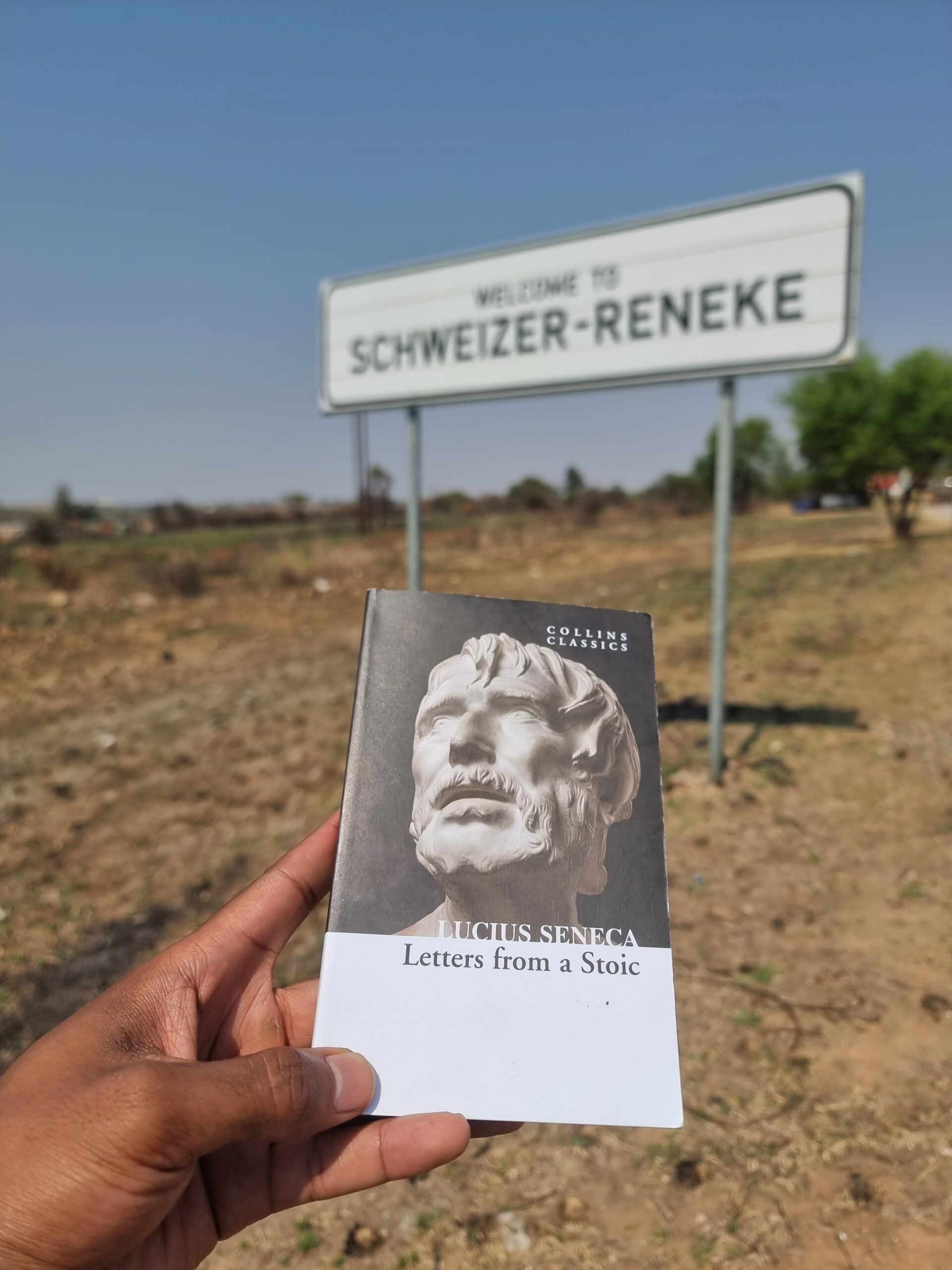
A Journey Through Time with Seneca: My Experience Reading “Letters from a Stoic”
For over a decade, I’ve found solace and guidance in Stoic philosophy. The works of great thinkers like Marcus Aurelius, Seneca, and Cato have been my companions on this journey, shaping my outlook on life and how I navigate its challenges. Although I haven’t delved deeply into Epictetus, the wisdom I’ve gained from the others has been profound. Among these, Seneca’s “Letters from a Stoic” has been a particularly impactful read, offering insights that continue to resonate with me, even as my life and circumstances change.
The Power of Stoic Philosophy
One of the central ideas that drew me to Stoicism is the concept of foregoing immediate pleasures for the sake of a better future. As someone who’s not very religious, the idea of self-discipline and personal responsibility has become almost sacred to me. It’s a way of thinking that has allowed me to take control of my life, to become the parent of my future self, guiding my actions today to ensure a better tomorrow.
This approach to life has been a guiding light through the many challenges I’ve faced—challenges that felt uniquely difficult to me at the time. However, I’ve come to realize that while our circumstances may differ, we all face tough challenges that test us. The key is not in seeing ourselves as victims, but in finding the strength to survive and grow from these experiences. Books like “Letters from a Stoic” have provided me with tools to cope, to endure, and to thrive. I’ve come to believe that we are both the child of our past and the parent of our future. What we do today is a gift to our future selves, just as our present is shaped by the actions and decisions of our past.
Diving into “Letters from a Stoic”
Reading Seneca’s letters is like being transported to another world, a time long ago where the problems may seem different on the surface but are deeply familiar when you dig into them. It’s easy to fall into the trap of thinking that we, in our modern world, are somehow superior to those who lived centuries ago. But in reality, the human condition remains largely unchanged. We still grapple with the same fears, desires, and moral dilemmas that Seneca wrote about so eloquently.
Here are some of the key lessons I’ve taken from “Letters from a Stoic”:
- Looking After Your Mind and Overcoming the Fear of Death: Seneca emphasizes the healing power of the mind and the importance of overcoming the fear of death. He suggests that by accepting the inevitability of death, we can free ourselves from the tyranny of external forces. This idea is echoed in his work “On the Shortness of Life,” where he argues that learning how to die is the best preparation for truly living.
- Philosophy and Friendships: Seneca’s views on friendships are deeply philosophical. He advises that we should judge people before making them our friends, rather than after. The idea is to assess their character beforehand, understanding that no one is perfect, and then embrace them as friends knowing their flaws. This approach helps build stronger, more authentic relationships based on mutual respect and understanding.
- Crowds and People: As simple and obvious as it is, Seneca warns about the dangers of associating with the wrong crowd. He encourages us to seek out those who will help us grow, rather than those who might lead us astray. This is a timeless piece of advice that remains relevant in our modern world. It serves as a reminder that our associations shape who we become, and we must choose them wisely.
- Covetousness is Poverty of the Mind: One of my favorite insights from the book is the idea that it’s not the man who has too little but the man who craves more who is truly poor. This concept of covetousness as a poverty of the mind has helped me understand the importance of contentment and the dangers of constantly desiring more.
- Enduring Loss with Equanimity: Seneca teaches that we should endure the loss of a friend with equanimity, understanding that death is a natural part of life. This Stoic acceptance of loss is something that has helped me cope with the inevitable losses we all face. Equanimity, in simpler terms, means maintaining calmness and composure, no matter what life throws at us. It’s about facing life’s trials without losing our inner peace.
- Marveling at Human Resilience: We often marvel at animals for their unique abilities, like passing through fire without being harmed. But Seneca urges us to recognize that human resilience is even more extraordinary. The human spirit’s ability to endure fire, sword, and devastation without losing its inner strength is truly remarkable. This speaks to the incredible power of the human will and the Stoic ability to remain unshaken in the face of adversity.
- Learning to Die: One of Seneca’s most profound teachings is that he who has learned to die has unlearned slavery. By embracing our mortality, we free ourselves from the fear of external forces and gain a deeper sense of inner freedom. This concept has resonated with me deeply, reminding me that accepting the inevitability of death is key to living a life free from fear.
- The Pleasure of Solitude: Seneca finds pleasure in being in his own company as long as possible, a sentiment that resonates with me. When you’ve made yourself worth enjoying, solitude becomes a source of peace and contentment.
- Suffering with Equanimity: Finally, Seneca teaches that we must suffer with equanimity. Life is full of challenges, and how we respond to them defines who we are. By accepting suffering as a natural part of life and facing it with calmness and composure, we can maintain our inner peace and resilience. Equanimity means remaining steady and balanced, even when life throws its hardest challenges our way.
A Book to Revisit Throughout Life
I know that as I grow older, my understanding of “Letters from a Stoic” will evolve. There are parts of the book that I don’t fully grasp yet, and that’s okay. I look forward to revisiting it in the future, knowing that my experiences and perspectives will deepen my understanding of Seneca’s wisdom. This is one of the beautiful things about Stoic philosophy—it grows with you, offering new insights as you progress through life.
In conclusion, “Letters from a Stoic” has been a profound influence on my life. It’s a book that has helped me navigate the challenges of life with grace, resilience, and a sense of purpose. I encourage anyone who is curious about Stoicism to pick up this book and explore its timeless wisdom. Whether you’re new to Stoic philosophy or have been practicing it for years, there is always something new to learn from Seneca’s letters.
I’m excited to share this journey with you, and I hope that you find as much value in “Letters from a Stoic” as I have.
